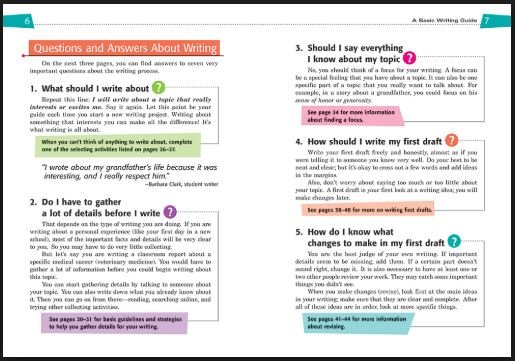Learning to write
I have been trying to write again: Business Day, News24 and the Sunday Times. But too many years of writing horrible, pedestrian reports in the passive voice ((outputs were; participants said; the results were etc etc etc) have flattened my thinking and style. So too has academic writing - or the idea of what it is. I try too hard to sound clever, with the result that sentences ramble haphazardly because packed with too many clauses, and words and phrases are littered about because they sounded profound, not because they were necessary. Gilding the lily, as the lawyers like to say.
I possess some six or more guides to writing and about three guides to grammar. I've yet to read any of these from cover to cover. So rather than improving the clarity of my style, they fill up the bookshelf.
Writing is a function of thinking (or is thinking a function of writing?) and when the thinking is fuzzy and discombobulated so is the writing. This may be a bigger problem than patchy grammatical skills. It may be allied to knowing more than most people about my topics of work. I take it for granted that people will already know the same things I do and be bored by presentation of the obvious - yet I've accumulated some 27 years worth of knowledge while others are largely dipping in and out, frequently via social media. What I take for granted others may still be learning so what I write is not necessarily obvious. Assuming that it is amounts to a kind of self-silencing.
So how to write like an author I admire? News24 has requested another article - meaning another opportunity to practice. But what - and how? The News24 piece is intended to respond to public concerns around how cross-examination in the Omotoso trial is being conducted. That piece (or one part of it) went off to the Sunday Times at about four. How will this one be different and transcend the prescriptive descriptive?
The court research suggested itself - an insight into trials at regional, rather than High Court level. Consideration of the R761 million deficit reported by the NPA and its implications for the employment of prosecutors. Comment on the broken-down nature of courts (in some respects) and what it takes to prosecute under these circumstances. While all eyes are on Port Elizabeth High Court, what is happening out of sight. It could be about how we leave some problems to become so entrenched that they are made into invisible background noise which we only notice when something like the Omotoso trial forces them into view.
it could be a piece about how, when it comes to rape, we think in stories, rather than policies. I think of the Cape Town drought and how people became adept at reading scientific reports about water. No sad story had to be made the hook on which to hang information. Why can't it be the same for courts? (But then consider how many people read the Dros piece, which offered historicised analysis. Its topicality probably gave it appeal.) So it could be a piece about rape and the many types of invisible work it gives rise to until something happens to make us notice - briefly. How many courts there are, working every day, which we simply never think about. And what it takes to keep these anonymous systems working. Still wondering what my point is though....

To listen to the audio version of this article click on the play image.

Brought to you by @tts. If you find it useful please consider upvoting this reply.